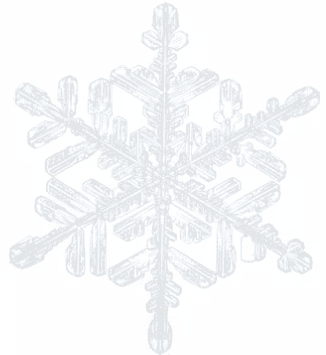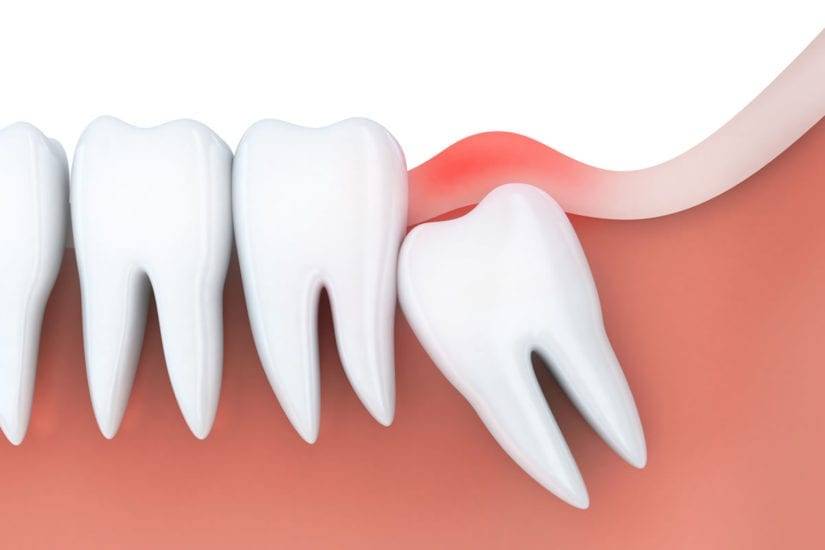 Adult teeth are made to last us a lifetime, but that’s not always what occurs. Whether due to an injury, a health condition, or other, a situation can arise where a tooth extraction is the best course of action for maintaining the health of your teeth and gums. At Snow Family Dentistry, we know the thought can be intimidating for patients, but our gentle, experienced team is here to help you prepare!
Adult teeth are made to last us a lifetime, but that’s not always what occurs. Whether due to an injury, a health condition, or other, a situation can arise where a tooth extraction is the best course of action for maintaining the health of your teeth and gums. At Snow Family Dentistry, we know the thought can be intimidating for patients, but our gentle, experienced team is here to help you prepare!
Why Are Tooth Extractions Needed?
When broken, damaged, or decayed teeth cannot be repaired with fillings or endodontic procedures, removing them may be the only option.
Tooth extractions are also performed for a variety of other reasons, including the removal of baby teeth that refuse to fall out on their own, impacted wisdom teeth, and/or dental infections.
Two types of extractions can be performed:
- Simple: This type of extraction removes visible teeth and is usually performed by a general dentist.
- Surgical: This type of extraction involves a tooth that is impacted inside the jaw and cannot be removed without making an incision. Surgical extractions are often performed by oral surgeons.
What to Expect
Before beginning your extraction, we will perform a thorough exam and take X-rays.
When it’s time for your actual dental extraction, we’ll apply a local anesthetic to numb the treatment area and minimize your discomfort. If we have decided on an additional form of anesthesia or sedation, we will also administer that. Then, we’ll remove the tooth.
Once the extraction is finished, we will give you some aftercare guidelines that you can follow during your recovery.
Never smoke on the day of your extraction, and inform our staff at Snow Family Dentistry if you are sick with a cold or are suffering from a gastrointestinal illness.
Controlling Pain During Tooth Extractions
At Snow Family Dentistry, we can perform simple tooth extractions using a local anesthetic injection. If you are nervous, you may be offered an oral sedative or conscious sedation. Surgical extractions may require general anesthesia or deep sedation. In addition to pain relief medicines, you may receive steroid drugs to help reduce inflammation.
After Your Dental Extraction
Experiencing some degree of discomfort is normal after most extractions. After the procedure, we will prescribe pain medicine, if required. We also suggest using an ice pack to relieve any pain or swelling.
Do not spit or use a straw within the first 24 hours of your extraction; this can dislodge the newly formed blood clot and may cause a painful condition known as dry socket. The use of medicated dressings can help relieve dry socket symptoms, but it’s best to call us if pain, bleeding or other symptoms increase or persist after several days.
Why Choose Snow Family Dentistry
Think you may need a tooth extraction? We can help!
Snow Family Dentistry provides most dental services, from basic preventative care and general dentistry to specialized procedures and complete dental reconstruction. We also accept most dental insurance plans and offer affordable financial solutions for any budget.
To schedule an appointment, please call Snow Family Dentistry today at 480-331-1930!








